NASHVILLE, Tennessee – Widely seen as the favored candidate, State Representative Glen Casada easily won the three-way race for Speaker-Elect with 43 of 73 votes, setting the tone for the other mainly predictable 11 elections held during the House Republican Caucus meeting held Tuesday.
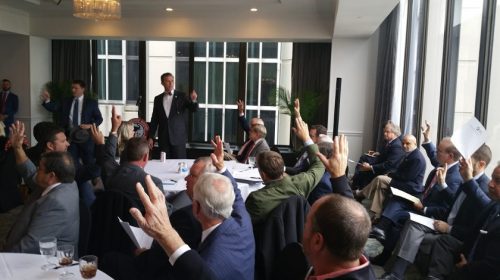
As current Republican Caucus Chairman, Representative Ryan Williams (Cookeville) opened the meeting and reviewed some ground rules. Williams said that, per the Bylaws of the House Republican Caucus, an independent accounting firm would count the ballots and declare the winner of each race. The successful candidate would need a total of 37 votes, even if a member chose not to vote.
Although it did not happen, there was a provision in the event that no candidate received 37 votes in the first round, whereby the person with the lowest number of votes would be eliminated, and additional votes taken until a candidate reached 37 votes. The votes for each position would not be cast until the results of the previous election were declared.
Williams announced that the ballots and tally sheets would be preserved and available for review in the office of the new duly-elected Caucus Chair. Representative Dan Howell (Georgetown) made a motion, which was seconded by Representative Timothy Hill (Blountville) that in the interest of transparency, the vote and tally be made public.
Caucus members voted by a show of hands, and Williams declared that the motion passed with “well over half” voting in favor of making the votes and tally public.
In accordance with the Bylaws, the Speaker’s race was held first. Because current Caucus Chair Ryan Williams was a candidate for Majority Leader, the Speaker-Elect would preside over the meeting until a new Caucus Chair was elected.
Although names were drawn in order to determine who would speak first in a multi-candidate race, ironically, Williams said, the three candidates for Speaker were drawn in alphabetical order with Glen Casada (Franklin) going first, followed by David Hawk (Greeneville) and Curtis Johnson (Clarksville).
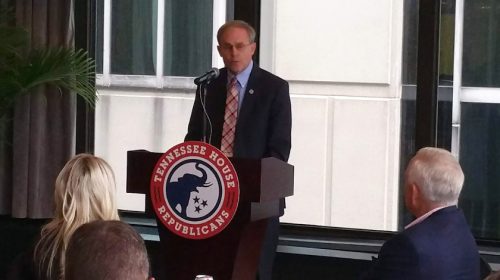
Each candidate was given three minutes to make their case for why the members should cast their vote for them.
In the area of public policy, Casada said that it’s time for the House to lead and that while the House passes the budget in accordance with the Constitutional mandate, it’s time to be involved in formulating the budget. He committed to restructuring the subcommittee system and the bill review process so that those without a fiscal note won’t go to Fiscal Review.
Recognizing the Caucus members, Casada said everyone in the room has unique gifts and talents and that they will be leading in their area of expertise. Before asking for a vote, Casada made two promises: that the House floor would be a place of decorum, civility and rule of order with nothing else being tolerated; and, that every decision will be to uphold the honor and tradition of the body.
Hawk spoke to the skillset the Speaker should have as a leader, and how his Hawk Plan as an alternative to the fuel tax introduced two years ago demonstrated that skill. He said that with the Hawk Plan, “many of us stood up against the toughest possible pressures,” and that standing against the Senate and the Governor is “easy to say, but tough to do,” but that he did it in a positive and respectful way to members who supported the plan.
Hawk talked of not taking the easy way of saying what you want to hear, but telling the truth, even if it meant someone getting mad at him.
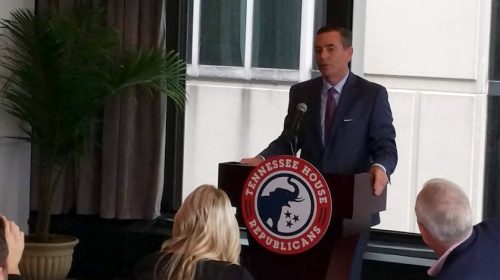
Johnson said he “did not feel the love,” when he was elected in 2004 with a Democrat controlled House, Senate and a Democrat Governor. A unified Caucus was Johnson’s focus, saying that without a single Democrat vote needed to get anything done, their “only hope is Republican division or scandal or both.”
Presumably trying to distinguish himself from one of the other Speaker candidates, Johnson said he wouldn’t be a Speaker who rules with fear and intimidation, that will serve for decades to come, or uses it as a stepping stone for the next position. Rather, he’d be a Speaker who was fair but firm when necessary and be more about policy than politics.
Once the ballots were cast, collected and counted, Williams announced that Glen Casada won the Speaker’s race with 47 votes. It was at that point that Williams confirmed with Howell that the vote totals for the winner only were to be made public.
Casada made a brief acceptance speech, saying he was honored and humbled and recognized that his opponents ran hard and ran clean without backbiting and that their leadership is needed.
One by one, each of the remaining leadership elections were conducted and the results reported as follows:
Speaker Pro Tempore – Bill Dunn (Knoxville) won against Dennis Powers (Jacksboro).
Majority Leader – William Lamberth (Cottontown) with 43 votes over Jerry Sexton (Bean Station) and Ryan Williams.
Caucus Chairman – Cameron Sexton (Crossville) with 58 votes over Jason Zachary (Knoxville).
Assistant Majority Leader – Ron Gant (Rossville) with 37 votes over Jay Reedy (Erin).
Whip – Rick Tillis (Lewisburg) with 43 votes over Tim Rudd (Murfreesboro).
Floor Leader – Paul Sherrell (Sparta) ran unopposed.
For the positions of Caucus Vice Chairman, Secretary and Treasurer, there were no declared candidates. Speaker-elect Casada nominated from the floor Brandon Ogles (Franklin), Clay Doggett (Pulaski) and Mark Cochran (Englewood), respectively. A voice vote affirmed the election of the three nominees.
An election also took place for the House Republican members of the Fiscal Review Committee. The Committee is a joint House and Senate body, one of several statutorily required oversight committees that handles a variety of financial responsibilities, include the “fiscal notes” that are prepared for all bills or resolutions that have a fiscal impact on state or local government.
The Committee is comprised of six Senators and nine Representatives, of which six are Republicans. There were seven candidates running for the six open seats, including incumbent members Susan Lynn (Mt. Juliet), Pat Marsh (Shelbyville), Bill Sanderson (Kenton), Mark White (Memphis) and Ron Travis (Dayton), who was nominated from the floor, as well as potential first-time member Martin Daniel (Knoxville). After serving two terms on the Committee, Lynn was not re-elected.
Upon the conclusion of the Fiscal Review Committee election, the meeting started to break up, although freshmen members were required to stay to vote for their Assistant Floor Leader. Candidates were Chris Todd (Humboldt), who referred to himself as a “core conservative,” and Johnny Garrett (Goodlettsville), who delivered a polished speech that included things he would do once elected. Todd won with 11 out of 20 potential votes.
Republican Lt. Governor Randy McNally (Oak Ridge) made a statement below following the nomination of Rep. Glen Casada (R-Franklin) for Speaker of the House by the Tennessee House Republican Caucus.
Congratulations to Glen Casada on securing the Republican nomination for Speaker of the House. We will work together with Governor-elect Lee to keep Tennessee the best state in the nation to live, work and raise a family.
The Senate Republican Caucus Organizational meeting will be held on December 3.
House Democrats will hold their Caucus meeting on November 25.
The Speaker and Speaker Pro Tempore will be voted on by the full House of Representatives at their first meeting to be held in January. The House Republican Bylaws state that members are expected to vote for the Caucus nominees for Speaker and Speaker Pro Tem, being Glen Casada and Bill Dunn, respectively.
Voting for any other candidate for Speaker or Speaker Pro Tem, as Republican Representative Kent Williams did in 2009 when he joined with Democrats to become Speaker himself, will result in automatic expulsion from the Republican Caucus.

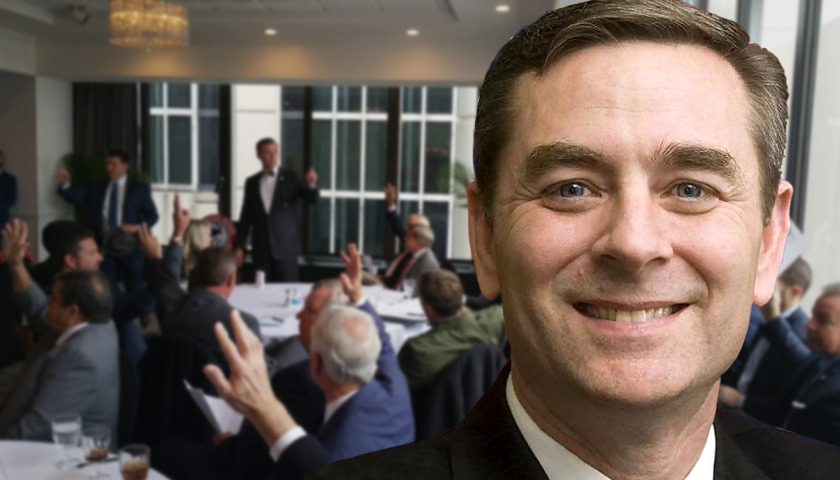
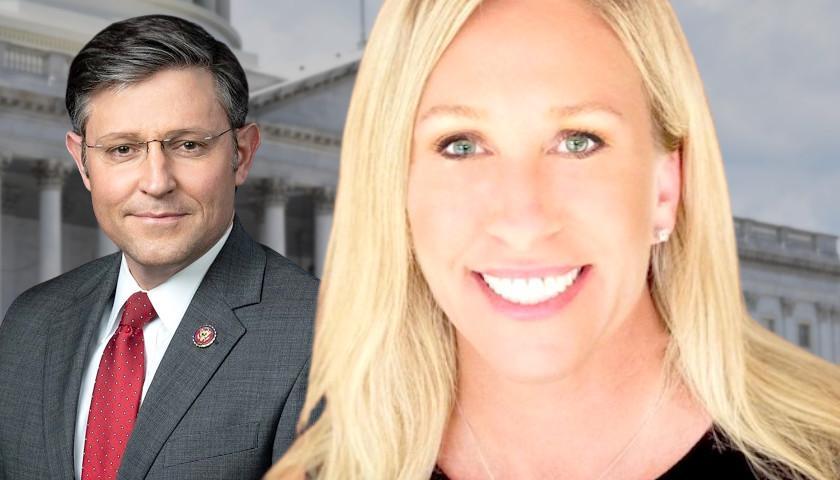
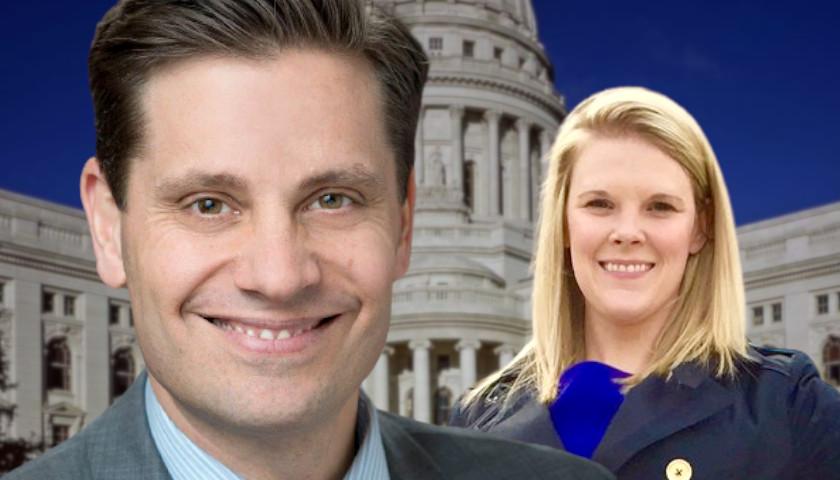
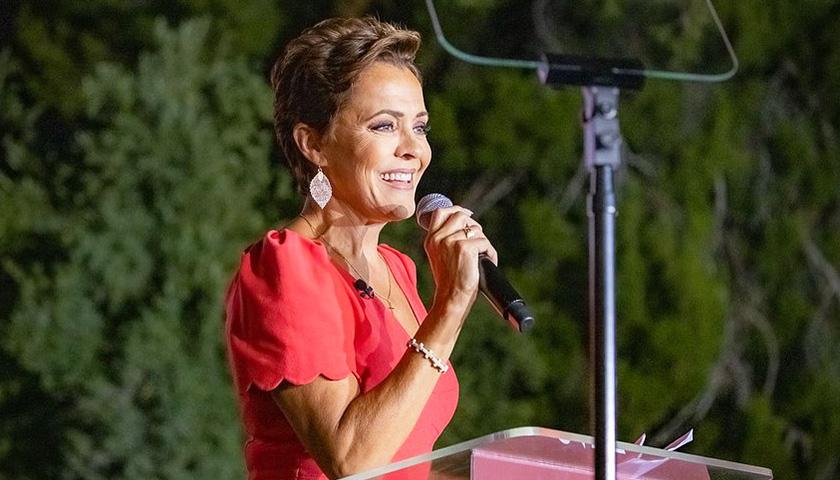
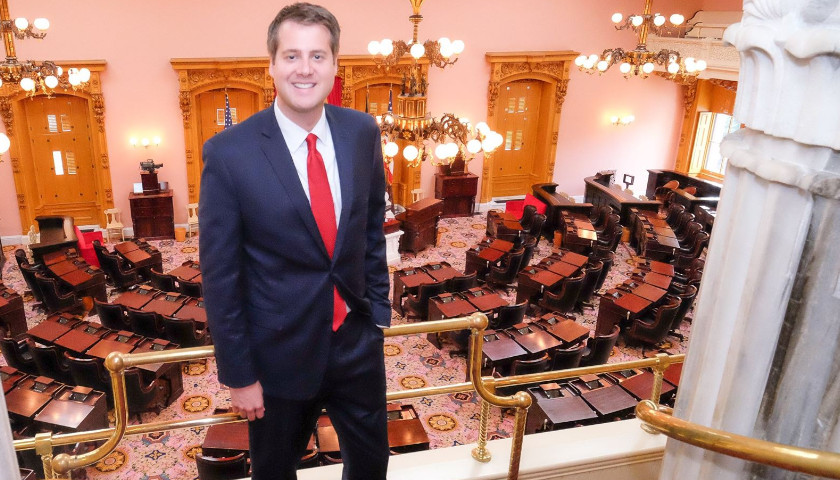
[…] his second term, was chosen as the Majority Whip during the November 2018 House Republican Caucus elections with 43 votes over his conservative opponent Rep. Tim Rudd […]
[…] While the Caucus Bylaws do not specifically address whether secret ballots are permitted, presumably that is an option available to the Caucus Chair as the presiding officer. Secret ballots were used during the November 2017 Republican Caucus elections. […]
[…] in the IMPROVE Act, which Casada supported. Hawk ran unsuccessfully against Casada in the House Republican Caucus elections for the position of […]
[…] the House Republican caucus elections in November, Glen Casada (R-Franklin) made a commitment that, as Speaker, he would restructure the […]
[…] Casada’s Chief of Staff, have started the transition process to take over the Speaker’s office. Casada was selected as the Speaker-Elect during the House Republican Caucus organizational meeting November […]